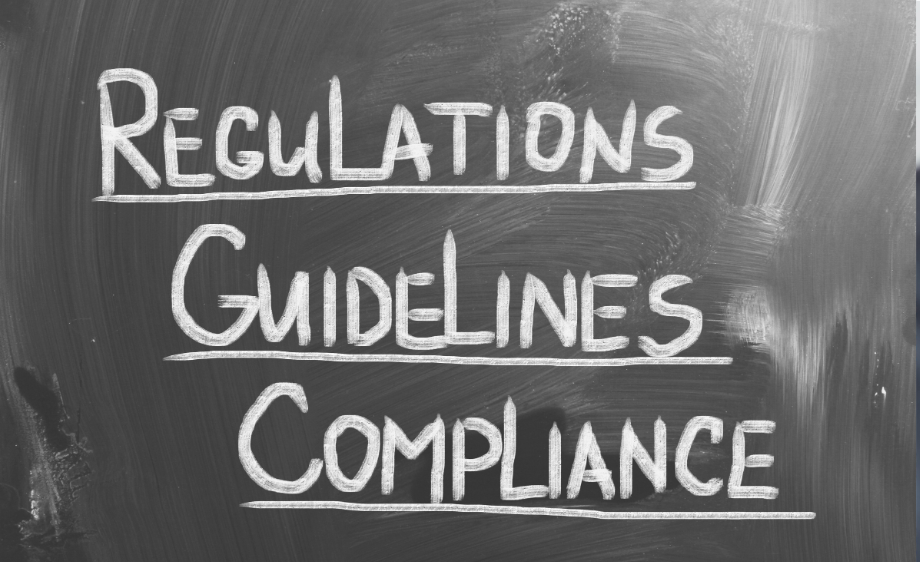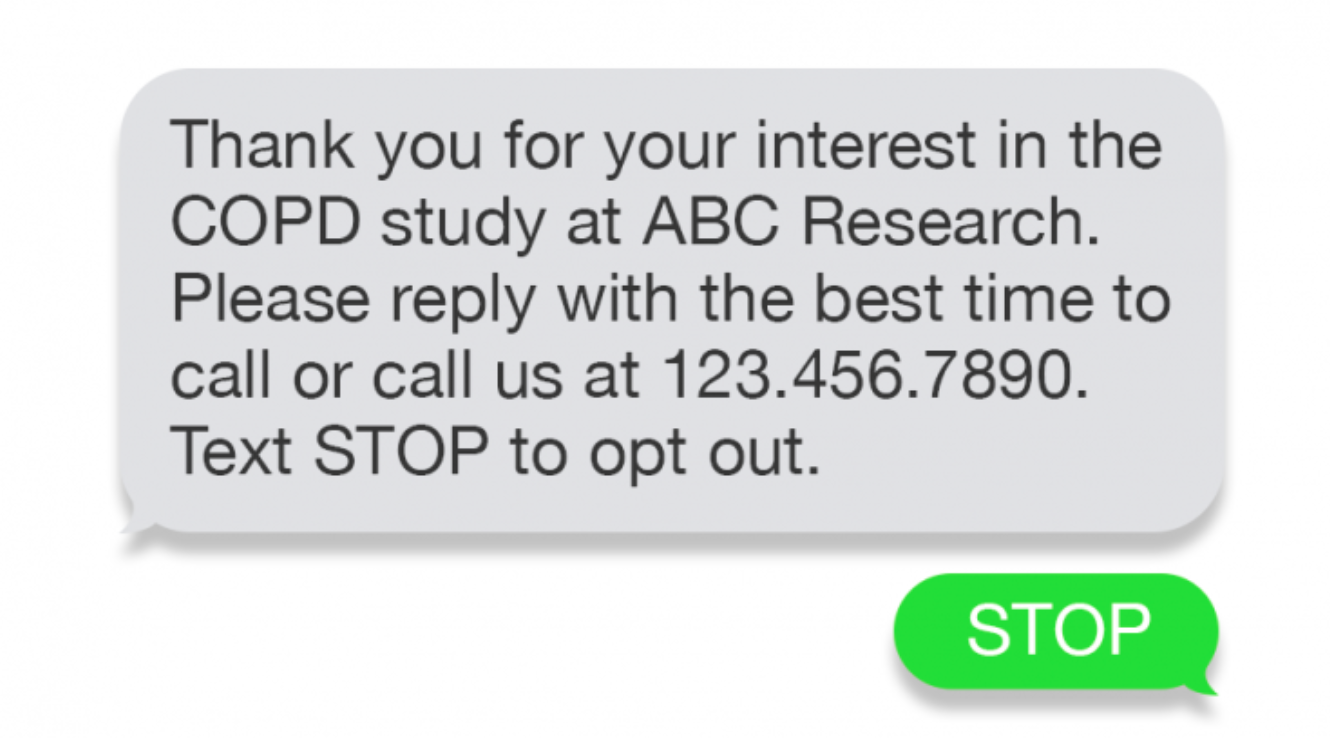Knowing if it is appropriate to text parents as way to boost enrollment can be a tricky and touchy subject. There may be several questions about the rules that surround it, but luckily there are several guidelines and regulations put in place in order to protect both the school and the parent. Check out these regulations better understan how to best utilize texting parents as an outrech option.
#1: Can I Text Anyone?
You must have some form of permission before texting a parent. If you decide to violate that law, your school is likely going to be held responsible.

#2: How Do I Get Permission to Contact a Parent?
Good news! All parents who connect to a school on Schola opt into text communications. There are two types of permission to contact parents: express consent and implied consent. Express consent is a clear and concise agreement where the contract says they’re okay with being contacted. You’ve seen these checkboxes when you sign up for something on a website. Implied consent is a little bit trickier, but basically it means if someone reaches out to you and includes their phone number (such as through Schola) it is reasonable to think that they’re okay with being reached out through text on that phone. However, what happens if they’re not? This is where STOP messages come in.
#3: STOP Messages
As part of TCPA and CAN-SPAM regulations, all parents you reach out to must be able to opt out of communications from your school, and be made aware of that option. This means a STOP message is included with the first text you send to any contact. You’ve probably seen these before, the message says: “Text STOP to opt out”
Once a contact texts “STOP”, that’s it. No more texts to that person or from any other number, otherwise you could open your school to harassment claims.
Best Practices
If there’s room at the end of your first message, the STOP message should be included at the end, and everything will send as one text. If there is no room for the STOP message in your original message, send it as a separate text.

#4: Spam message/ spam number/ blacklist
This is what we want to avoid. The Blacklist basically makes your phone number useless and there’s no getting off the list. It forbids you to text any number on that carrier (Verizon, AT&T). Spam number just flags your messages as SPAM, making it harder to deliver any messaging to parents. SMS software is pretty good at avoiding these penalties and they use their own phone numbers. It is recommended to not reach out to more than 50 parents at a time in order to prevent getting flagged.
